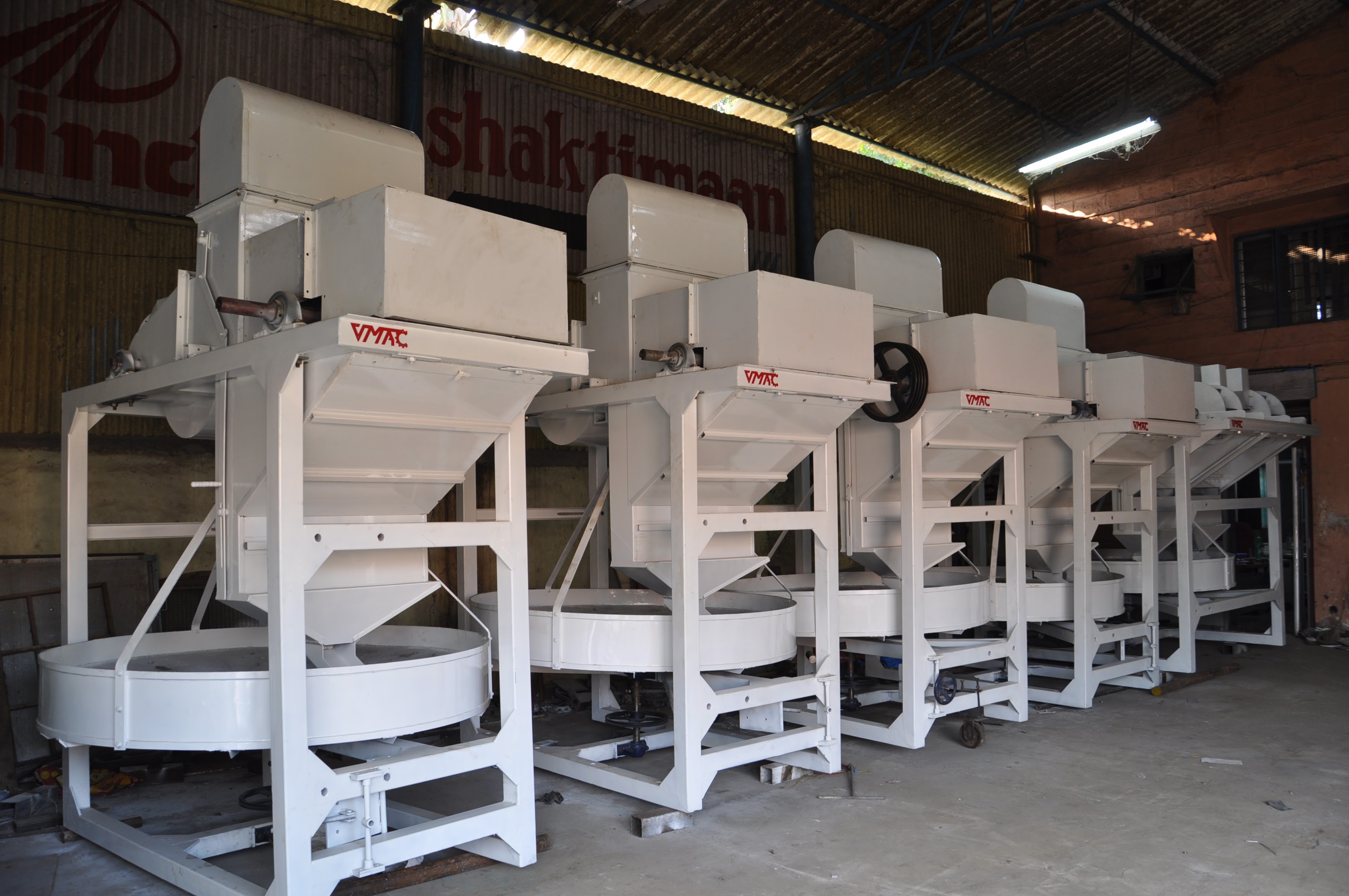
Production
Mastering Coffee Production
At Vmac Industries, we've mastered the balance between traditional craftsmanship and modern technology.
The world of coffee is vast and diverse, with flavors and varieties that cater to every palate. Among the myriad options, some coffees stand out not just for their unique taste but also for their hefty price tags. This article explores the most expensive coffees globally, delving into what makes them so special and sought after by enthusiasts.
Price Range: $100 to $600 per pound
Origin: Indonesia
What Makes It Special:
Kopi Luwak is made from coffee cherries eaten and excreted by the Asian palm civet, a small mammal native to Southeast Asia. The digestive enzymes in the civet's stomach alter the coffee beans, supposedly enhancing the flavor by reducing acidity and breaking down proteins.
Flavor Profile:
Smooth, earthy taste
Low acidity
Rich aroma
Considerations:
Authenticity Issues: Due to its popularity, counterfeit Kopi Luwak is common.
Animal Welfare Concerns: Ethical sourcing is crucial, as some producers keep civets in inhumane conditions.
Price Range: $500 to $1,500 per pound
Origin: Thailand
What Makes It Special:
Black Ivory Coffee is produced by feeding Thai Arabica cherries to elephants. The beans are collected from the elephants' waste, where enzymes in the digestive system break down proteins, reducing bitterness.
Flavor Profile:
Smooth, delicate taste
Notes of chocolate, spice, and a hint of grass
Tea-like consistency
Considerations:
Limited Production: Extremely rare due to the small quantities produced.
High Demand: Luxury hotels and affluent consumers are primary buyers.
Price Range: $100 to $800 per pound
Origin: Panama
What Makes It Special:
Grown in the high altitudes of Panama's Boquete region, Geisha coffee from Hacienda La Esmeralda is renowned for its exceptional quality and distinctive flavor.
Flavor Profile:
Floral and fruity notes
Jasmine aroma
Bright acidity
Considerations:
Award-Winning: Consistently wins international coffee competitions.
Auctioned Beans: Often sold through exclusive auctions, driving up the price.
Price Range: $80 to $150 per pound
Origin: Saint Helena Island, South Atlantic Ocean
What Makes It Special:
Grown on a remote island, this coffee gained fame because Napoleon Bonaparte praised its quality during his exile there.
Flavor Profile:
Delicate citrus notes
Caramel sweetness
Medium body
Considerations:
Isolation: High transportation costs contribute to the price.
Limited Production: Small-scale farming results in scarcity.
Several factors influence the exorbitant prices of these coffees:
Unique Processing Methods: Unconventional techniques like animal digestion add novelty.
Rarity: Limited production and scarcity increase demand.
Labor-Intensive Harvesting: Hand-picking and careful processing require more labor.
Exceptional Flavor Profiles: Distinctive tastes appeal to connoisseurs.
Marketing and Exclusivity: Luxury branding and exclusive sales channels elevate status.
When purchasing these high-end coffees, it's important to consider:
Animal Welfare: Ensure that animals involved are treated humanely.
Sustainable Farming Practices: Support producers who prioritize environmental stewardship.
Fair Trade: Choose suppliers who offer fair compensation to farmers and workers.
Related Products and Services:
Coffee Processing Equipment: Enhance your coffee production with our advanced machinery.
Coffee Grader: Ensure consistent quality by grading your coffee beans accurately.
Coffee Roasting Equipment: Explore our state-of-the-art roasters to bring out the best flavors.
The most expensive coffees in the world offer unique experiences due to their rare origins, unusual processing methods, and exceptional flavors. Whether it's the exotic allure of Kopi Luwak or the refined taste of Panama's Geisha coffee, these brews represent the pinnacle of coffee craftsmanship. However, it's essential to approach these luxury coffees with an awareness of ethical considerations to support responsible and sustainable practices in the industry.
Explore Premium Coffees: If you're interested in trying these coffees, research reputable suppliers who prioritize ethical sourcing.
Invest in Quality Equipment: Enhance your coffee preparation with our Coffee Processing Equipment.
Stay Informed: Keep up with coffee industry trends by visiting our Blogs.
Contact Us: For personalized advice on coffee processing solutions, reach out via our Contact Us page.
Lastest blog posts